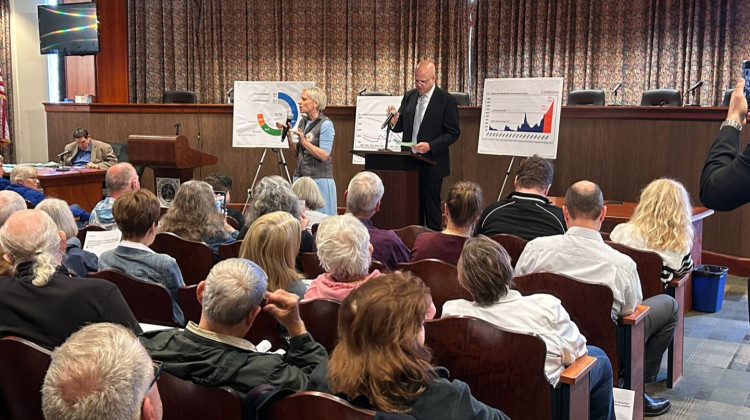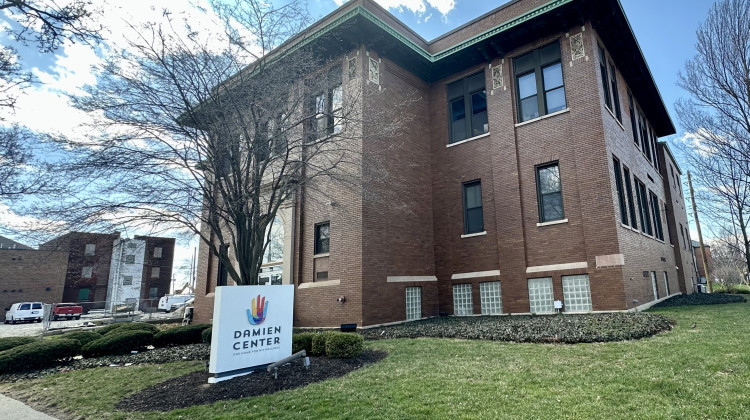
Indianapolis and several other cities decided to join the statewide settlement after it was made more attractive by a new state law that gives local governments more direct funding and flexibility.
Justin Hicks/IPB NewsIndianapolis and several other Indiana cities are joining an estimated $507 million statewide opioid settlement after previously opting out of the state’s lawsuits against opioid manufacturers and distributors.
The state's capital city, the suburbs of Noblesville and Fishers and other cities, including Muncie and Franklin, decided to join the statewide settlement after it was made more attractive by a new state law that gives local governments more direct funding and flexibility, The Indianapolis Star reported.
Indiana’s estimated $507 million share is part of a roughly $26 billion payout opioid distributors Cardinal Health, McKesson and AmerisourceBergen and drugmaker Johnson and Johnson are expected to make nationwide to settle lawsuits filed in response to the nation’s opioid epidemic.
Indiana law requires that the majority of the money be used for opioid remediation.
Under Indiana's previous distribution plan for opioid settlements, local governments would have received 15% of the settlement funds, and 15% would have gone to the state. The remaining 70% would have gone to the state’s Family and Social Services Administration to distribute statewide.
Participating cities were also barred from pursuing their own litigation for separate opioid settlements. Many local governments decided to opt out of Indiana’s settlement deal to continue pursuing their own lawsuits, reasoning that their litigation would likely net them more cash.
State Attorney General Todd Rokita urged cities and towns to opt back in to the agreement or risk losing settlement funds. At one point, Indiana’s share of the settlement dwindled from a potential $507 million to $269 million due to local governments opting out.
But a new law Gov. Eric Holcomb signed in March allows cities to receive the latest settlement funding while continuing to pursue litigation against other opioid companies.
The new law also funnels more funding directly to municipalities, which will now get 35% of the settlement, which must be spent on drug treatment and prevention programs. On top of that, local governments will also receive another 15% of settlement funds.
For Indianapolis, the proposed settlement could provide the city with an estimated $40.2 million, according to city officials and outside legal counsel the city has retained.
That money would be paid out over a number of years, with the payments possibly beginning as early as May. But the final amount depends on how many cities, counties and towns opt back in to the statewide settlement agreement.
Indiana also has two pending lawsuits against OxyContin maker Purdue Pharma and members of the Sackler family, which owned Purdue Pharma.
 DONATE
DONATE






 Support WFYI. We can't do it without you.
Support WFYI. We can't do it without you.